The Independent's journalism is supported by our readers. When you purchase through links on our site, we may earn commission.
Soca valley: Exploring Slovenia’s wild side on the ultimate green road trip
The waterfalls, forests and mountains of western Slovenia are best explored on four wheels, says Kate Springer
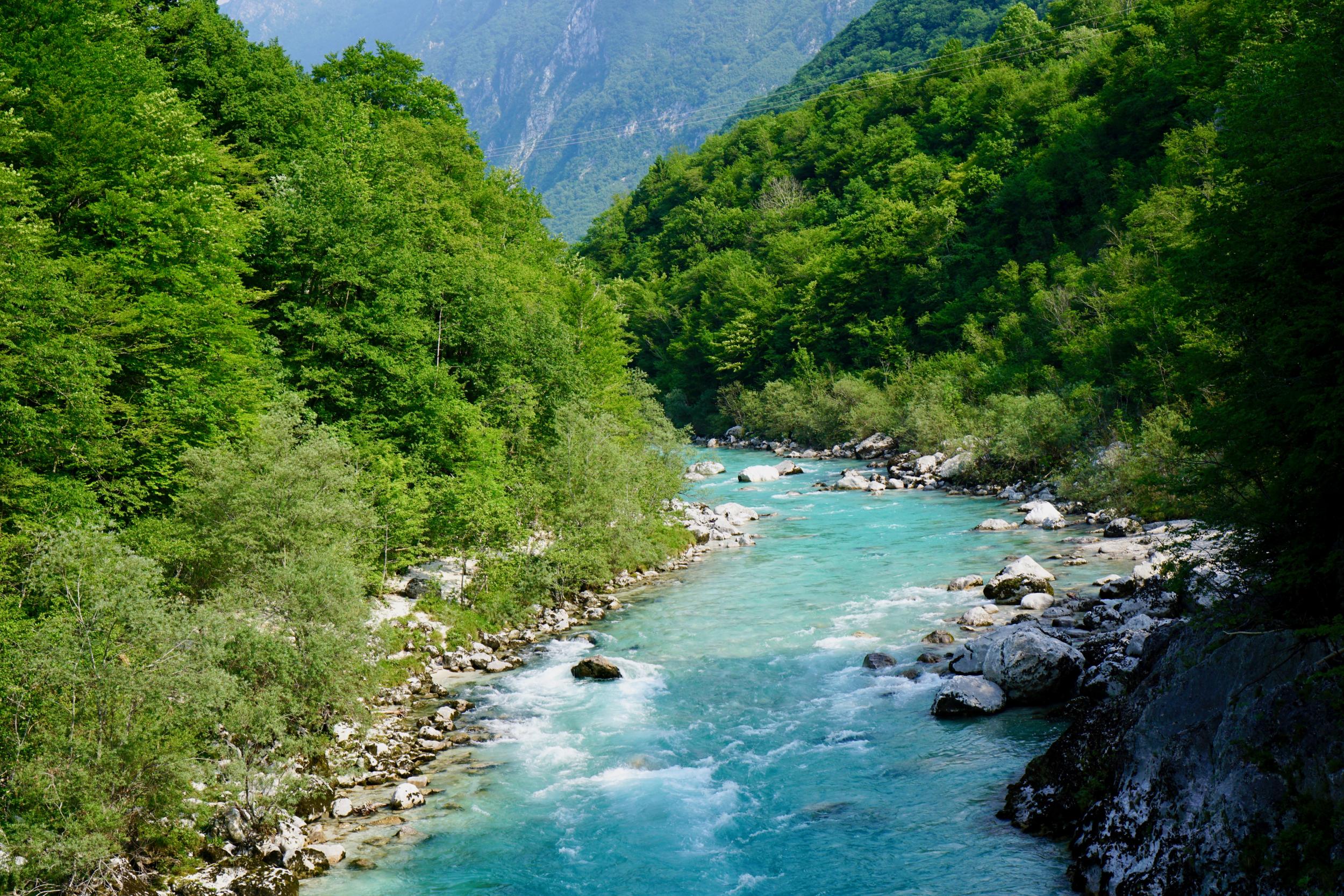
Your support helps us to tell the story
From reproductive rights to climate change to Big Tech, The Independent is on the ground when the story is developing. Whether it's investigating the financials of Elon Musk's pro-Trump PAC or producing our latest documentary, 'The A Word', which shines a light on the American women fighting for reproductive rights, we know how important it is to parse out the facts from the messaging.
At such a critical moment in US history, we need reporters on the ground. Your donation allows us to keep sending journalists to speak to both sides of the story.
The Independent is trusted by Americans across the entire political spectrum. And unlike many other quality news outlets, we choose not to lock Americans out of our reporting and analysis with paywalls. We believe quality journalism should be available to everyone, paid for by those who can afford it.
Your support makes all the difference.Winding around the forested hillsides of western Slovenia, we have the roads all to ourselves – a good thing, since we keep stopping abruptly to admire the views. A dramatic valley stretches below and the Julian Alps rise in the distance. In the centre of the scene, the Soca river swirls through the valley, so icy blue it gives me goosebumps.
We’ve just begun a road trip through the Soca valley, about two hours northwest of Slovenia’s capital of Ljubljana, and we’re already dreaming up ways to relocate. Why here? For starters, it’s one of the prettiest places on earth.
Once used to film The Chronicles of Narnia (Prince Caspian edition), the peaceful valley is teeming with natural wonders, from the Boka waterfall (the country’s tallest) to the Triglav National Park, Great Soca Gorge, and snow-capped Julian Alps (a Unesco biosphere reserve).
There’s not a single international hotel in sight – just quaint agritourism guesthouses and a few upscale chalets to choose from. It’s the kind of place that rises with the sun and has been doing “farm to table” dining long before urbanites took to the trend.
It’s next to impossible to explore the area’s narrow roads and hairpin turns in anything but a little hatchback – so that’s just what we did. But not before unpacking our bags at Chalets Nebesa (meaning “heaven” in Slovenian).
Sitting atop a hill overlooking the town of Kobarid, the family run property provides four private wooden cottages overlooking the entire area, extensive sauna facilities and complimentary local snacks – think freshly baked bread, aged cheese, serve-yourself wine, and a carve-it-yourself leg of prosciutto.
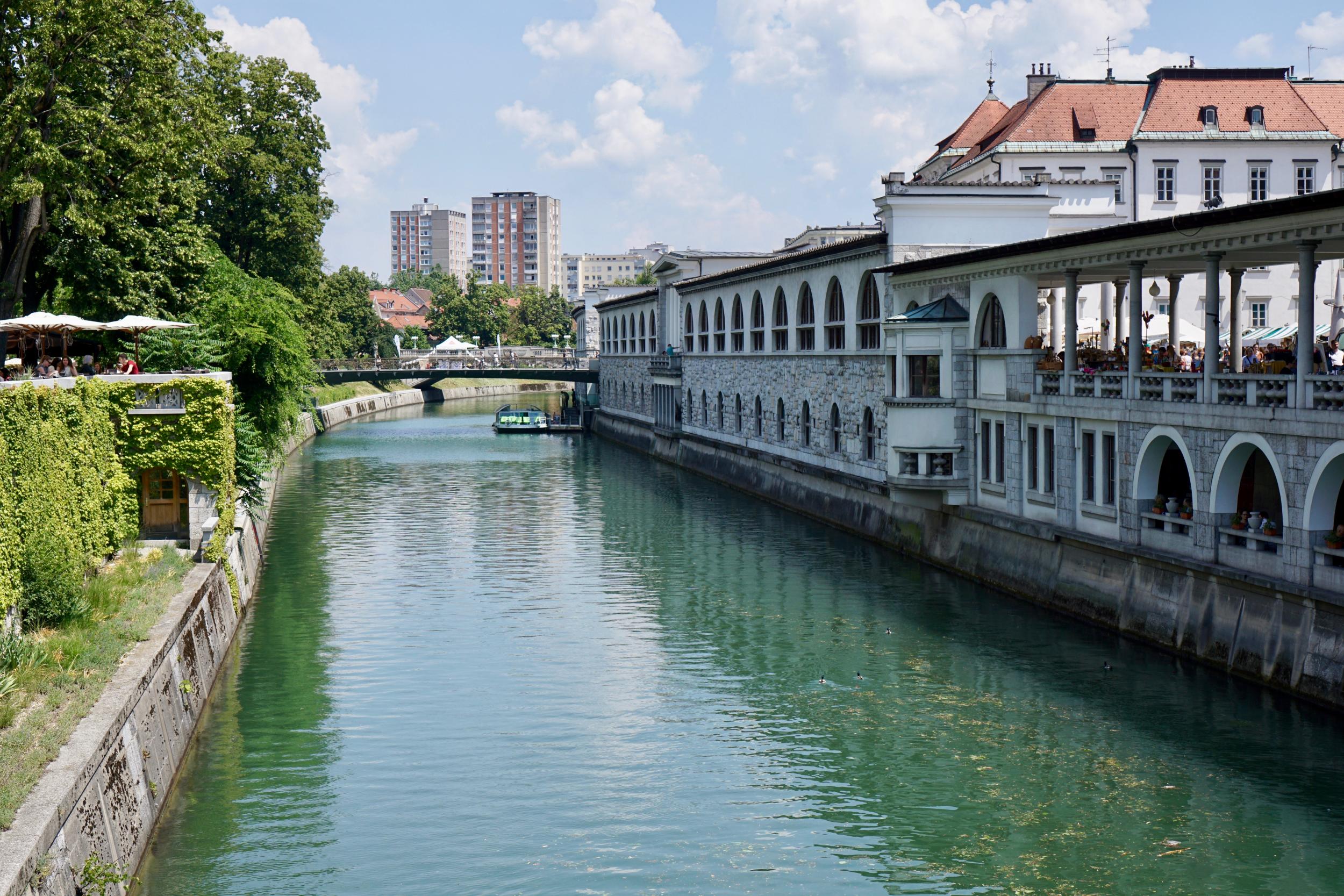
“The Soca valley is the best place to experience the Slovenian countryside, with its agricultural heritage, hay bales, cows and farm houses,” enthuses Katja Ros, who runs Chalets Nebesa with her husband.
“Everyone should go zip-lining, white-water rafting, canyoning, paragliding, kayaking, biking, hiking, fishing… or just walking through the wild nature and pastures.”
“It’s also filled with rich history, left over from World War I,” her husband Bojan adds, walking us over to his library. He hands us a guidebook, which details the area’s memorial walking trails.
It’s hard to believe given the idyllic surrounds, but the valley was the scene of the Battles of the Isonzo during the First World War. In this series of bloody clashes between Italy and the Austro-Hungarian empire, 300,000 soldiers lost their lives. They are remembered today with the independently funded Kobarid Museum and six outdoor First World War museums along the Walk of Peace, a mountain trail that runs along the Alps to the Adriatic.
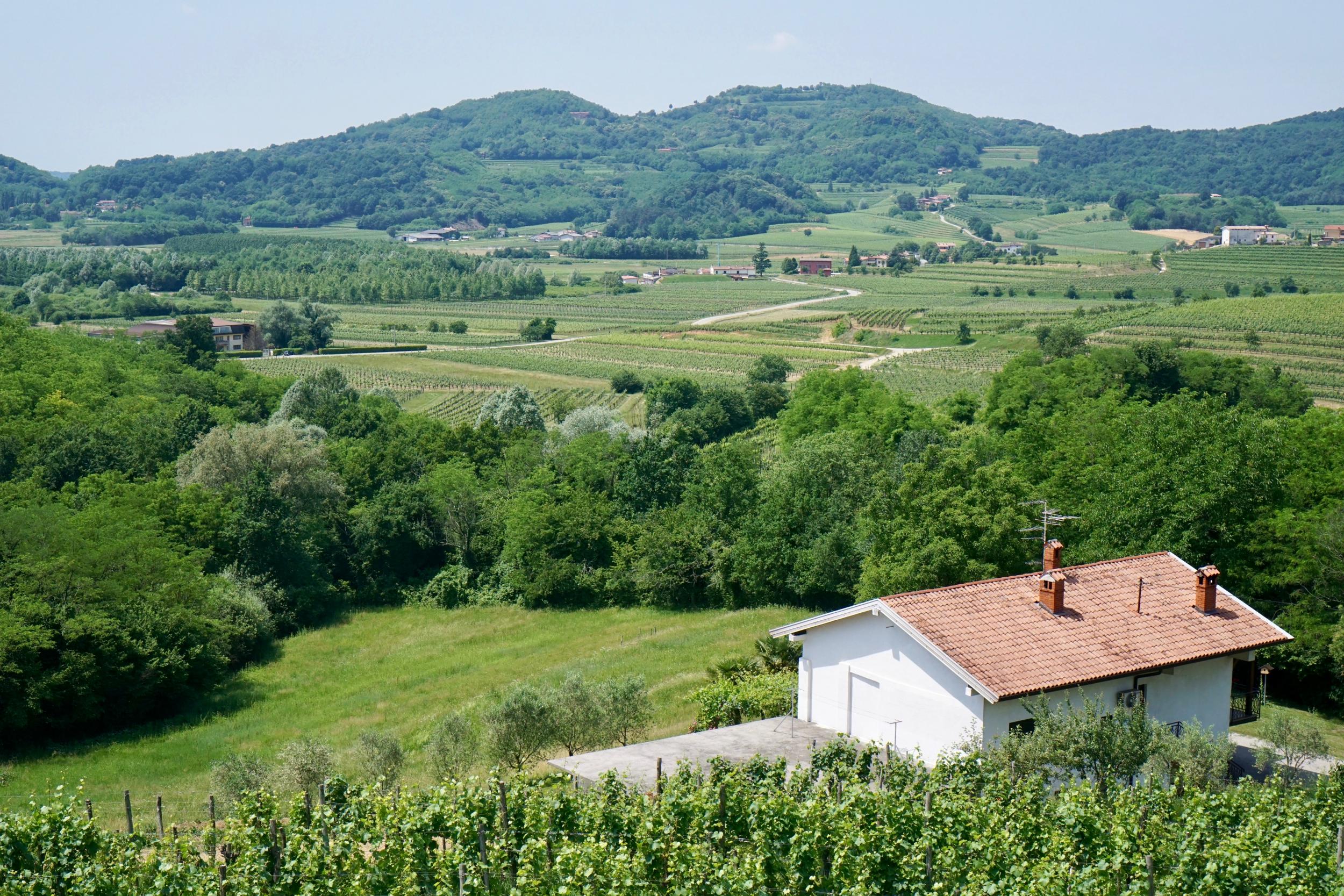
Closer to town, he points us to the Kobarid Historical Trail, which runs alongside the impossibly turquoise Soca river inside the Great Soca Gorge. A path veering off to the right leads us to a series of wooden planks and stepping stones that dot the river bank. The stones lead to a walking path, hugging the canyon wall.
As we trace the craggy rock face, we hear a rumble and feel mist kiss our skin before the Kozjak waterfall comes into view. It’s not the country’s highest – that title goes to the 144m Boka waterfall in the nearby town of Bovec – but the oft-empty cavern provides a few moments of blissful solitude.
Come for the natural beauty, stay for the food: the country has centuries-old food traditions, and we quickly find that fresh Tolmin cheese, homemade nettle ravioli and grilled river trout make an appearance at nearly every meal.
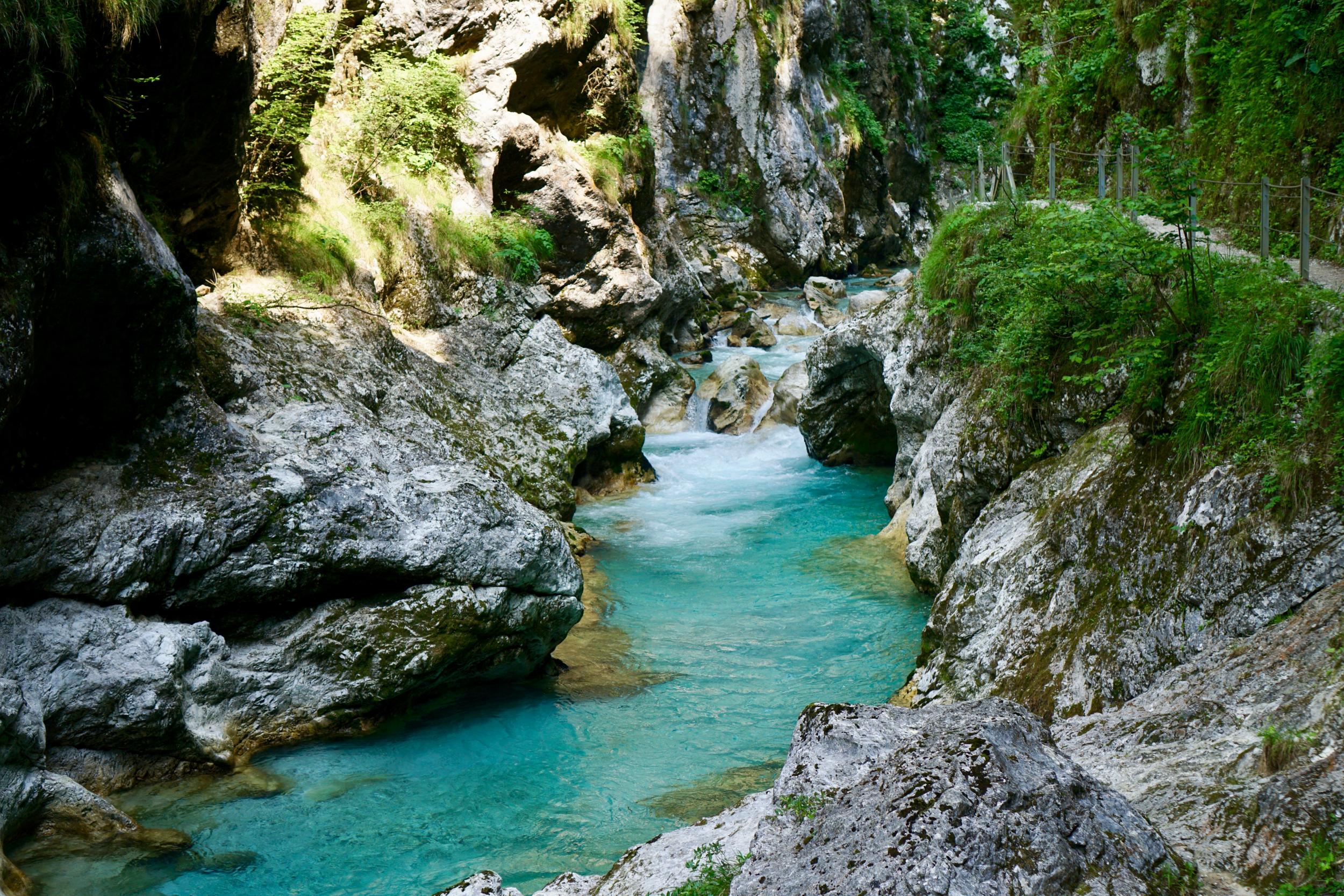
This natural bounty has paved the way for more contemporary restaurants to thrive too. Hisa Franko, helmed by chef Ana Ros (crowned the world’s best female chef in 2017), is one of the biggest success stories. Set outside of town on a forest-hugged plot, the buzzing restaurant charms diners with its homely atmosphere, down-to-earth staff, and whimsical surprises, such as fermented cheese lollipops and sourdough made from fermented apple peels.
Ana works with a mix of local purveyors, from mushroom foragers to cheesemongers – and her husband Valter Kramar is an established sommelier with a penchant for collecting lesser-known Slovenian varieties. He started brewing FEO craft beer in 2017; you can sample the beer at the couple’s new Hisa Polonka beer and wine bar in Kobarid.
The culinary experiences alone are worth a road trip, but the journey isn’t complete without visiting the Julian Alps.
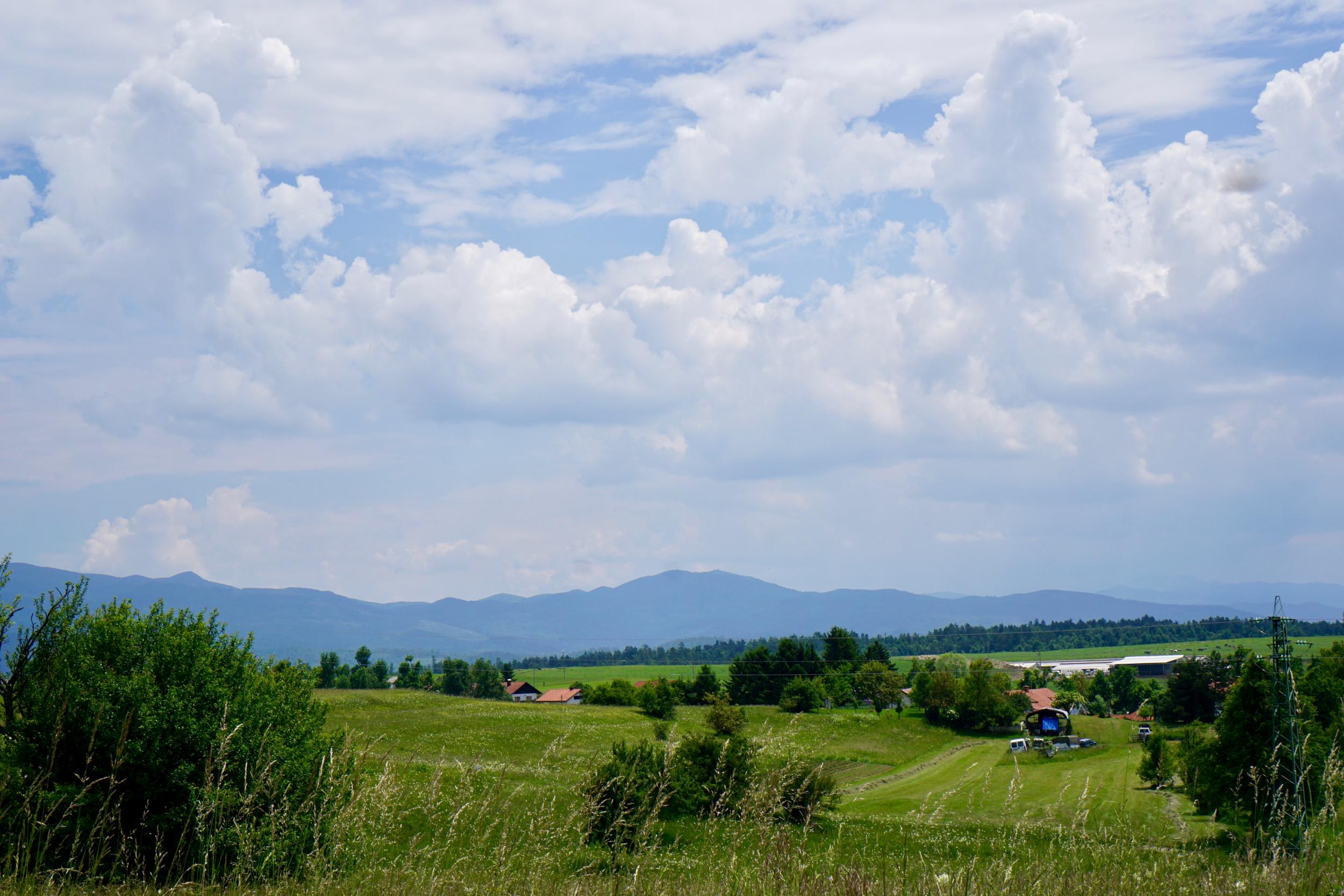
The most scenic drive starts in the valley and traces the Soca river, through the Julian Alps, following the 50 hairpin turns of the Vrsic Pass, according to Katja (who, I learn later, is chef Ana’s mother).
“You’ll want to stop at least 10 times to see the amazing scenery, the emerald colour of the Soca river – its pools, waterfalls, canyons... The drive is an experience in itself.”
She’s right – it’s a slow, photogenic ascent, the roads lined by trees with viewpoints every few miles. Up in the mountains, all part of Triglav National Park, there’s easy access to fly fishing, rock climbing and the 466-mile-long Alpe Adria, which passes through the intersection of Austria, Italy and Slovenia.
Winding down the southern side of Triglav National Park, two idyllic lakes sit in the shadow of the Alps: Lake Bled, home to a postcard-worthy castle, old Tito-era mansions and the dramatic Vintgar gorge.
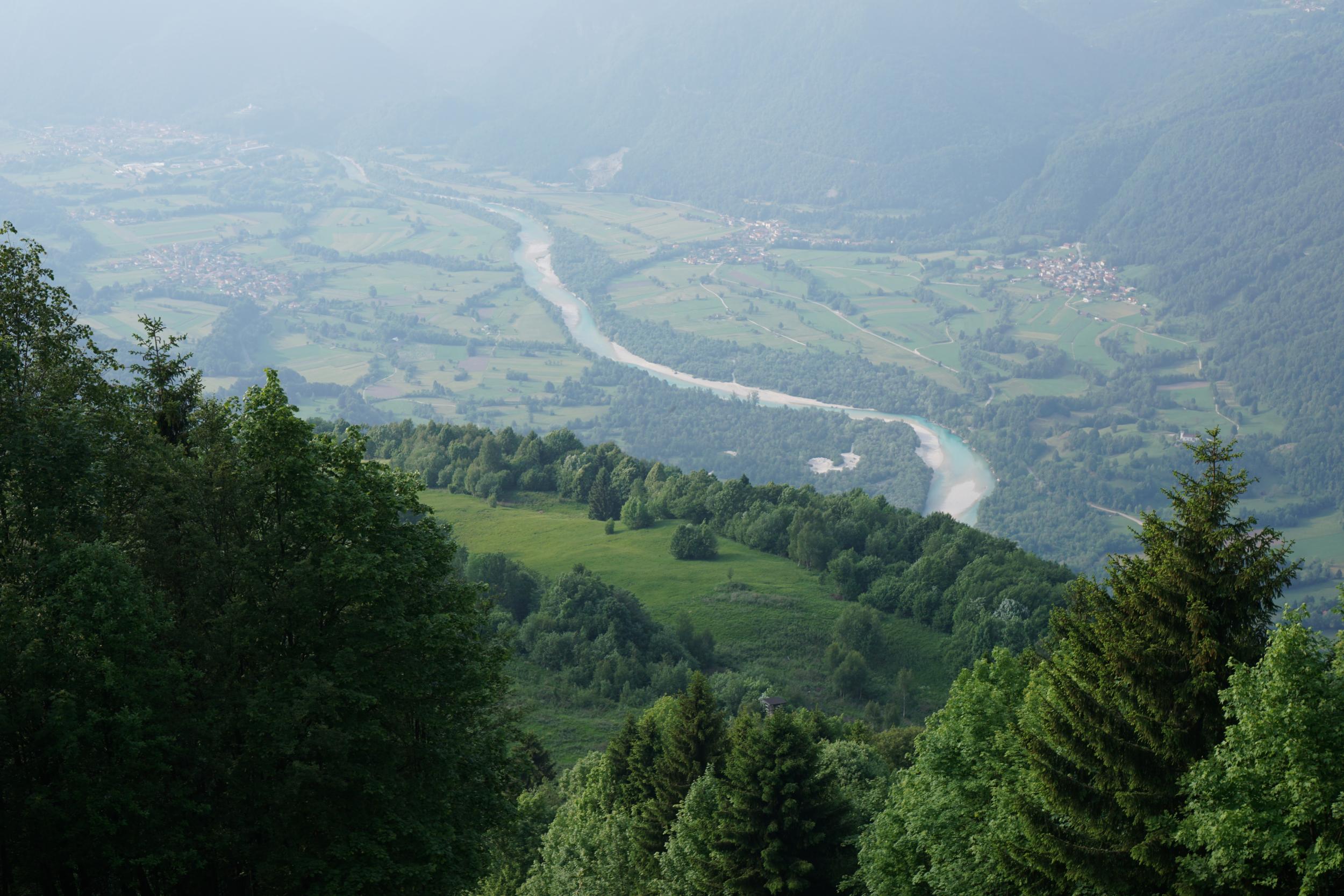
Further southwest is Lake Bohinj, where the glassy water reflects the mountainous landscape. The latter sees fewer tourists and a generally more low-key atmosphere, but you hardly have to choose since they’re just 30 minutes apart.
Slovenia is small and easy to explore. Most of the best natural attractions are clustered close together in the western half of the country; “This is where cattle roam and local people tell their stories,” says Katja.
But the best things are tucked away – you need a car to see them on this, the ultimate green road trip.
Travel essentials
Getting there
There are several airports nearby, including in the capital of Ljubljana and Trieste, near Venice.
Check the best car hire deals on Travel Supermarket and start planning your road trip.
Staying there
Chalets Nebesa has Alpine cottages from £190, B&B.
Check the latest prices on booking.com | TripAdvisor
Hisa Franko has doubles from £105, B&B.
Read the latest reviews on TripAdvisor
Kronau Chalet Resort has cottages from £50, room only.
Check the latest prices on HomeAway | Crystal Ski holidays
More information
For a taste of local food, time your trip with Kobarid’s Jestival Food and Art Festival on 6 October.
Join our commenting forum
Join thought-provoking conversations, follow other Independent readers and see their replies
Comments